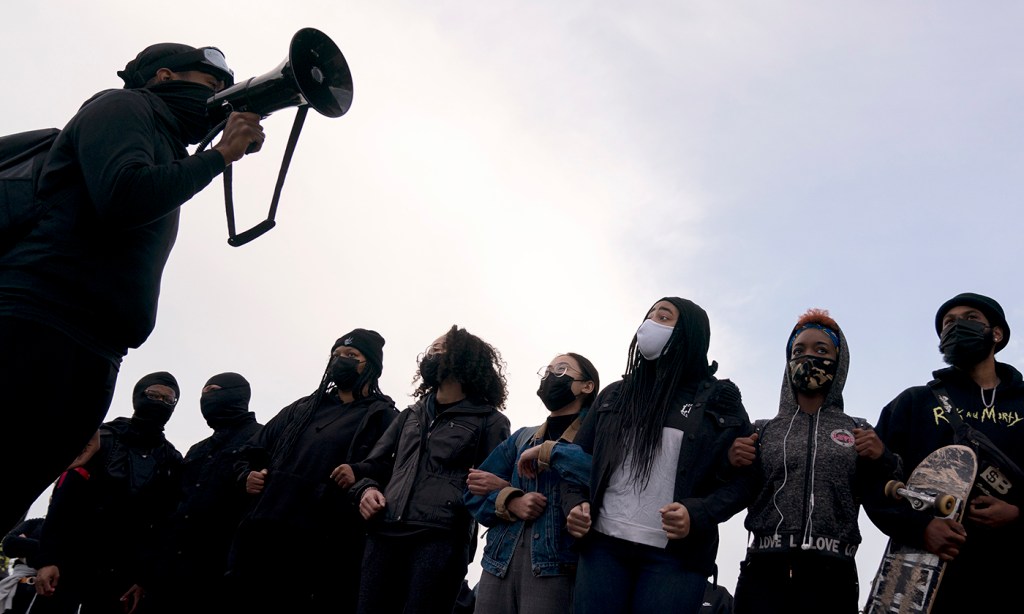Yes! Magazine, May 25, 2021
When most people are introduced to abolition, they first want to know how prison–industrial–complex abolitionists propose handling violence in a world without police or prisons. These conversations often become extreme: What about rape, murder, and hate crimes? What if the victim were a member of your family? Though it might not seem this way, we already have many choices to consider when reacting to violence, but society urges us to make the same choice over and over again: Call the police, demand vengeance, and hide “evil” people away in prisons. What would happen if we made a different choice? Abolitionists Josie Duffy Rice and Mariame Kaba have been instrumental in imagining what accountability—not punishment—would look like for communities that see harm as an everyday occurrence if we saw people as whole human beings instead of categorizing them as “good” or “evil.”
This isn’t necessarily easy work, since vengeance can feel good and accountability, forgiveness, and growth can be painful, but that doesn’t make the work any less worthwhile. By exploring and engaging the different choices, we open ourselves up to the possibility of a world where our so-called justice system isn’t built around the worst-case scenario. If we commit to abolishing death-making institutions (as Kaba calls them) and instead build those that are life-giving, we might not be so married to revenge and punishment. We could acknowledge and sit with the fact that we all cause harm and that no system will prevent that. Instead, we could think up imaginative ways to prevent and deal with harm—ways that don’t exacerbate it. In this conversation, Kaba and Rice discuss how we can move toward this goal, beginning with being accountable to our immediate communities.—Reina Sultan
Josie Duffy Rice: I went to one of the smaller sessions you were running at the Building Accountable Communities in 2019, and we had a talk about what accountability means. You were like, “Let’s talk about a real-life situation.” The situation was: You’re in your apartment, and you hear a domestic conflict happening downstairs. What do you do? It was such an effective way to bring home the importance of thinking through some of the more complicated questions about abolition.


